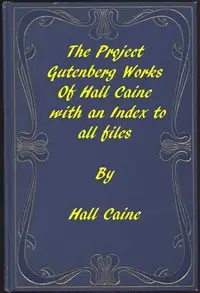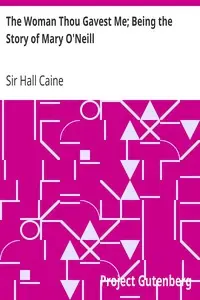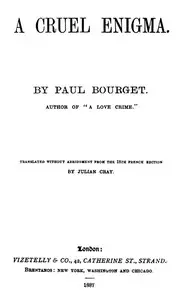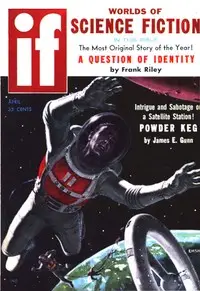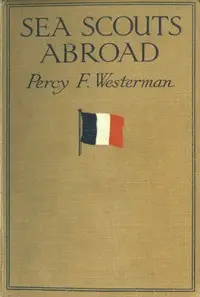"The Master of Man: The Story of a Sin" by Hall Caine is a novel written in the early 20th century. The story revolves around Victor Stowell, a head boy at King William's College, and his tumultuous journey of conscience and the repercussions of a serious accusation that brings disgrace to himself and those close to him. The opening portrays the beginning of a scandal involving Stowell and sets the stage for themes of honor, guilt, and social reputation. At the start of the novel, the Principal of King William's College addresses the students about a disgraceful incident involving one of their classmates, leading to a public inquiry to cleanse the school's name. Victor Stowell is identified as the suspect but remains defiant and does not confess to wrongdoing, despite having taken punishment for another boy's actions to protect him from disgrace. The narrative quickly reveals the complications of loyalty between friends, societal pressures, and the moral dilemmas faced by young boys in a strict educational environment. As the chapter unfolds, an intricate web of relationships and secrets begins to unravel, setting the tone for the conflicts and resolutions that will ensue throughout the story. (This is an automatically generated summary.)
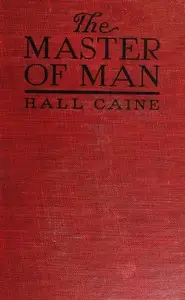
The Master of Man: The Story of a Sin
By Hall Caine
"The Master of Man: The Story of a Sin" by Hall Caine is a novel written in the early 20th century. The story revolves around Victor Stowell, a head b...
Sir Thomas Henry Hall Caine, usually known as Hall Caine, was a British novelist, dramatist, short story writer, poet and critic of the late 19th and early 20th century. Caine's popularity during his lifetime was unprecedented. He wrote 15 novels on subjects of adultery, divorce, domestic violence, illegitimacy, infanticide, religious bigotry and women's rights, became an international literary celebrity, and sold a total of ten million books. Caine was the most highly paid novelist of his day. The Eternal City is the first novel to have sold over a million copies worldwide. In addition to his books, Caine is the author of more than a dozen plays and was one of the most commercially successful dramatists of his time; many were West End and Broadway productions. Caine adapted seven of his novels for the stage. He collaborated with leading actors and managers, including Wilson Barrett, Viola Allen, Herbert Beerbohm Tree, Louis Napoleon Parker, Mrs Patrick Campbell, George Alexander, and Arthur Collins. Most of Caine's novels were adapted into silent black and white films. A. E. Coleby's 1923 18,454 feet, nineteen-reel film The Prodigal Son became the longest commercially made British film. Alfred Hitchcock's 1929 film The Manxman, is Hitchcock's last silent film.

